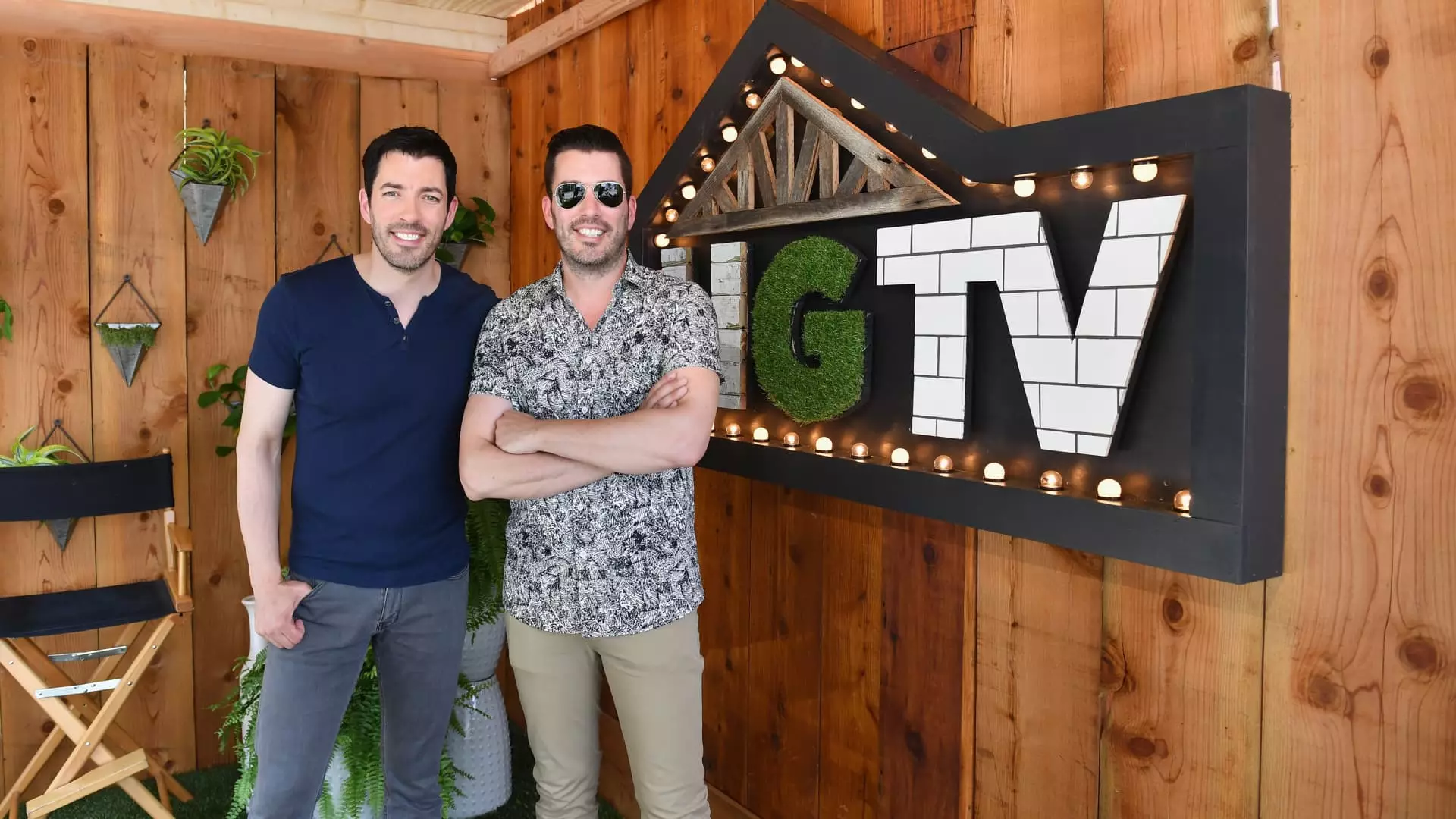In recent discussions around the housing market, experts emphasize the severe shortage of available homes as a pivotal issue affecting prospective buyers. Drew and Jonathan Scott, well-known figures in the home renovation industry, recently shed light on the daunting nature of this crisis during CNBC’s Your Money event. They claim that this shortage transcends mere numbers; it influences everything from the plight of the homeless to the crippling costs associated with home ownership. If the current trends persist, there’s a grim future where ownership becomes a distant dream for many young people.
As of mid-2023, the National Association of Realtors has reported that there is a staggering deficit of 4 million homes available for purchase in the United States. This shortfall has created a hyper-competitive market, driving prices higher and making it increasingly challenging for new buyers to enter the market. Recent statistics reveal that the median sales price of homes dipped slightly from $426,800 in the first quarter of 2024 to $412,300 in the second quarter, down from a peak of $442,600 in late 2022. Despite this minor reduction in price, the overall context remains bleak for potential buyers, particularly as new constructions continue to lag behind demand.
Accelerating the construction of new homes has proven to be a formidable task, contributing to the ongoing shortage. The most recent figures indicate a modest increase in new single-family housing starts, which recorded 1,027,000 units in September—a 2.7% rise from August. Yet, these numbers are insufficient to alleviate the market’s critical constraints. Homeowners have largely remained reluctant to sell their properties, often due to the “lock-in” effect, where low mortgage rates from the pandemic era keep them tied to their current homes.
Despite the challenges that potential buyers face, the Property Brothers believe that investing in real estate still holds value. As reported by CoreLogic, U.S. homeowners with mortgages have amassed an impressive net equity of over $17.6 trillion by the second quarter of 2024. This reflects a substantial rise in homeowner equity by $1.3 trillion from the previous year, illustrating that, while buying a home today may seem daunting, ownership can yield considerable long-term benefits.
With the turbulence in the housing sector, the Scott brothers suggest that creativity and collaboration may provide alternative paths to home ownership. Prospective buyers might consider joint purchases with family members or friends, a strategy that could mitigate financial burdens while also allowing multiple parties to share in the investment. Jonathan Scott emphasizes the importance of taking a long-term view on home buying, saying it’s acceptable to wait until the market stabilizes.
The complexities of the current housing landscape present significant hurdles for buyers, but awareness of these challenges can foster resilience. While the hurdles may seem daunting, with thoughtful planning and creative approaches, many individuals may still find their way into the housing market, ensuring that home ownership remains a viable aspiration for the future.

